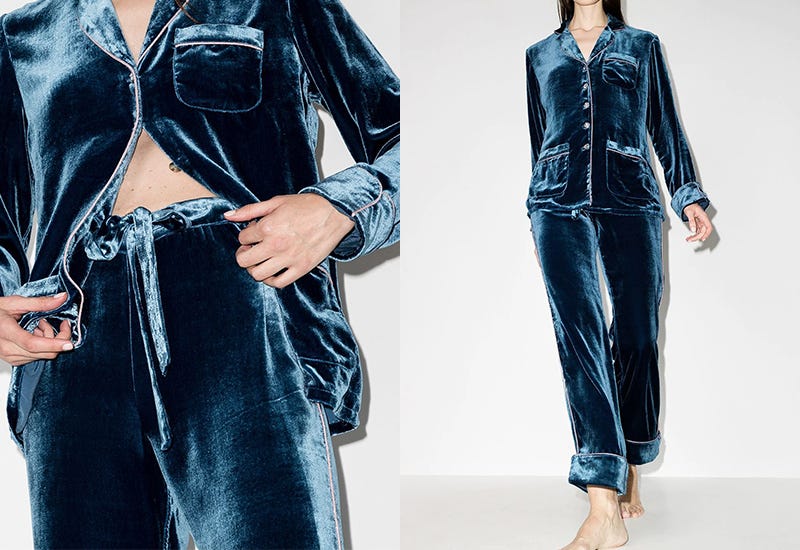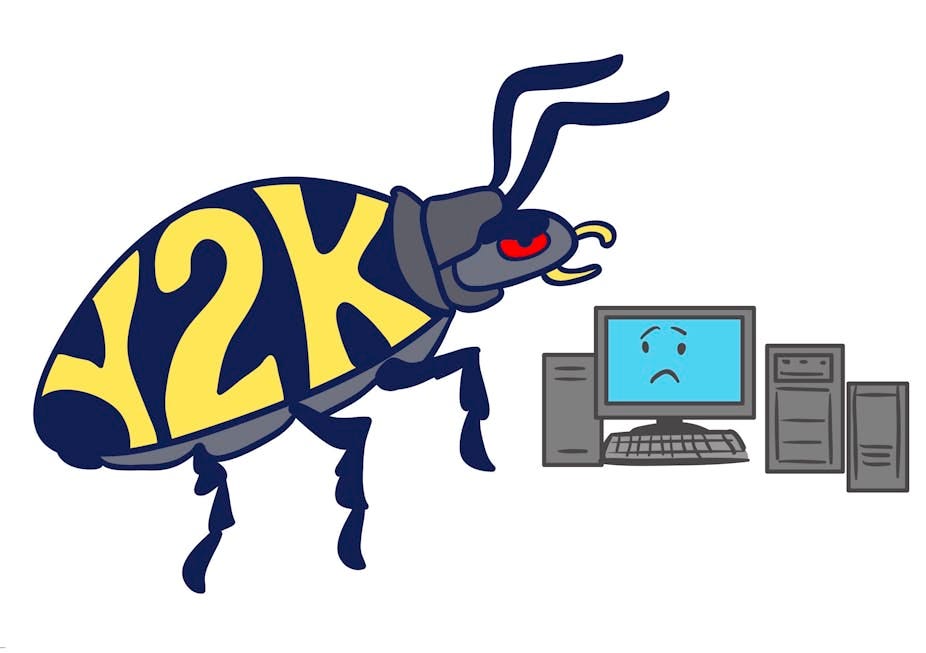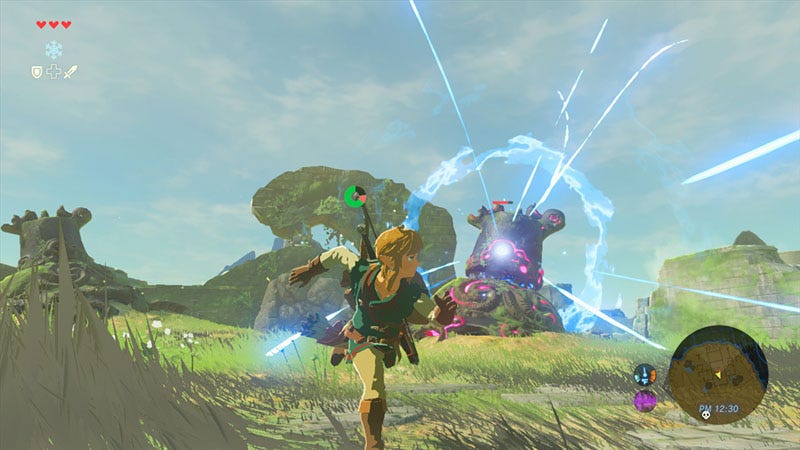Why Is Gen Z So Obsessed With Y2K? Exploring The Fascination With Y2K Culture
The resurgence of the Y2K aesthetic, which draws on the late 1990s and early 2000s pop culture, has become a massive trend among Gen Z.
The resurgence of the Y2K aesthetic, which draws on the late 1990s and early 2000s pop culture, has become a massive trend among Gen Z. From fashion and music to digital media, many aspects of this era are making a comeback, but why? What is it about Y2K fashion, early 2000s nostalgia, and Y2K aesthetic trends that appeals so strongly to today’s younger generation? This article delves into the reasons behind Gen Z’s fascination with the Y2K era and what it means for modern culture.
Why Is Gen Z So Obsessed With Y2K? Exploring The Fascination With Y2K Culture
The resurgence of the Y2K aesthetic, which draws on the late 1990s and early 2000s pop culture, has become a massive trend among Gen Z. From fashion and music to digital media, many aspects of this era are making a comeback, but why? What is it about Y2K fashion, early 2000s nostalgia, and Y2K aesthetic trends that appeals so strongly to today’s younger generation? This article delves into the reasons behind Gen Z’s fascination with the Y2K era and what it means for modern culture.
Y2K Fashion: A Bold Revival Of Early 2000s style
One of the most noticeable ways Gen Z connects with the Y2K era is through fashion trends. Early 2000s fashion was full of bold choices: low-rise jeans, butterfly clips, chunky sneakers, and velour tracksuits. These looks are seeing a major comeback, driven by Gen Z's love for experimentation and individuality.
Social media platforms, especially TikTok and Instagram, have fueled the Y2K revival by encouraging content creators to showcase their vintage outfits and reinterpret iconic trends. High-end designers, such as Prada and Versace, have also incorporated early 2000s elements into their collections, merging the nostalgic with the modern. The resurgence of Y2K fashion is about both embracing and reinventing past trends to create a personal style.
Nostalgia For A Simpler Time: The Appeal Of Pre-Digital Life
Gen Z is living in an era dominated by smartphones, social media, and instant information access. Yet, there is a certain nostalgia for the pre-digital age that marked the early 2000s. For many, Y2K represents a time before the rise of social media and constant connectivity. This era was defined by slower, more deliberate interactions with technology, such as dial-up internet and early mobile phones.
For Gen Z, revisiting this time feels like stepping into a world that feels simpler and more disconnected, which is appealing in a hyper-connected age. It offers an escape from the digital overload of modern life and gives Gen Z a chance to reflect on how far technology has come.
The Y2K Panic: Digital Uncertainty And The Birth Of New Technology
The Y2K panic, which centered around the fear that the millennium bug would cause computers to crash when transitioning from 1999 to 2000, is a key part of the Y2K era. For Gen Z, this moment represents a time of digital uncertainty and a fascinating intersection between emerging technology and cultural anxiety.
Looking back, Gen Z can see how this period of uncertainty helped shape the technological landscape. The early 2000s were full of technological experimentation, and although it was a time of glitches and uncertainty, it’s also remembered as a period of rapid innovation. This duality—excitement mixed with fear—appeals to Gen Z, who are living in a similar era of constant technological evolution.
Pop Culture And Media Influence: Gen Z’s Connection To Y2K
Pop culture from the early 2000s, particularly movies, TV shows, and music, plays a crucial role in Gen Z’s love for the Y2K era. Iconic films like Mean Girls and Legally Blonde continue to be popular among younger audiences, often watched via streaming services such as Netflix. Similarly, early 2000s music, from Britney Spears to NSYNC, is having a major cultural resurgence.
Platforms like TikTok are critical in reviving early 2000s memes, music trends, and viral challenges, allowing Gen Z to relive and reinterpret the pop culture of the Y2K era. The combination of easy access to vintage media and its continued presence in streaming platforms makes Y2K pop culture timeless for young people today.
TikTok And Digital Content: The Modern Revival Of Y2K Aesthetic
TikTok is playing a pivotal role in the Y2K renaissance. With its viral trends and creative challenges, TikTok provides a platform for Gen Z to remix early 2000s media, from fashion looks to throwback songs. The algorithm promotes content that taps into the cultural zeitgeist, making it easy for the Y2K aesthetic to go viral and for young creators to get involved in the trend.
By participating in Y2K-inspired trends, TikTok users can explore digital creativity through nostalgic content, blending past and present in ways that resonate with today’s youth. The app’s ability to reintroduce cultural references from the early 2000s helps Gen Z form deeper connections with an era they never directly experienced.
Rejection Of Perfectionism: Embracing Imperfection
Another key reason Gen Z is drawn to the Y2K era is its sense of imperfection. The early 2000s, with its grainy graphics, pixelated images, and dial-up internet, was far from the polished digital landscape we see today. Gen Z, known for rejecting the “perfect” online persona seen on Instagram, gravitates towards the more authentic, raw aesthetic of the Y2K era.
This rejection of perfectionism makes Y2K culture feel more relatable and down-to-earth, allowing Gen Z to express themselves more freely without the pressure to conform to unrealistic standards of beauty or success.
Y2K And Digital Identity: A Generation Of Experimentation
Gen Z’s relationship with technology is different from that of previous generations, as they were born into a world already immersed in the digital sphere. The Y2K digital age, with its focus on early internet culture and the beginnings of online identities, resonates deeply with a generation that is now defining their own digital selves.
As virtual reality and gaming continue to influence how we interact with technology, Gen Z sees the Y2K era as a period that laid the groundwork for modern digital identity formation. The mix of analog and early digital experiences offers a nostalgic yet forward-looking lens through which to explore the evolution of technology and self-expression.
Gen Z’s fascination with the Y2K era is not just about nostalgia—it’s about finding meaning in a period of time that balances technology, identity, and creativity. Through fashion, digital media, and pop culture, the Y2K aesthetic continues to inspire young people today, giving them a way to reinterpret the past and integrate it into the present. Whether it’s through embracing Y2K style or revisiting early 2000s pop culture, this era offers Gen Z both a sense of identity and a space for creativity, helping them shape their place in a rapidly evolving digital world.
Jay Aquino is the Founder and Creative Director of UPTOWNMAN, with over 6.5 years of experience in marketing, specializing in fashion and luxury. He currently works as a Senior Digital Strategist at a digital agency based in Melbourne, blending his digital expertise with a passion for high-end style. Jay is also pursuing a Master of Finance at UNSW, further expanding his understanding of business strategy with a focus on fashion and luxury brands. Dedicated to merging creative marketing with financial insights, he is committed to elevating brand experiences and driving growth within the fashion and luxury industries. Outside of work, Jay enjoys shopping, playing mobile legends and going out for brunch with friends.








